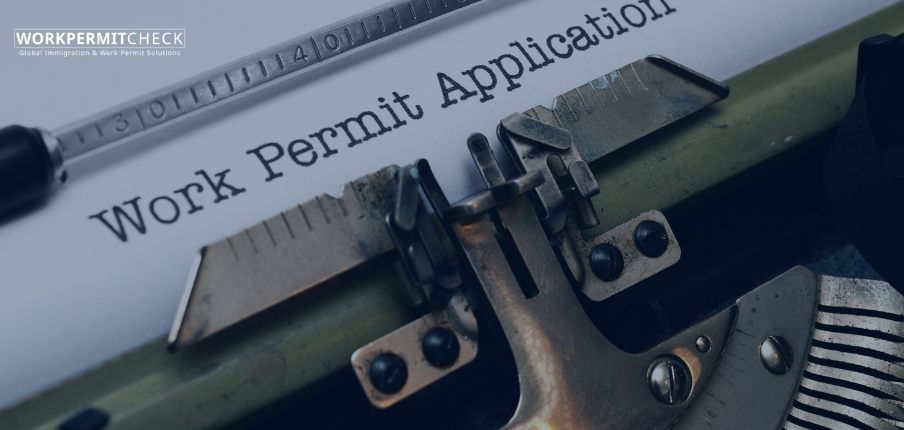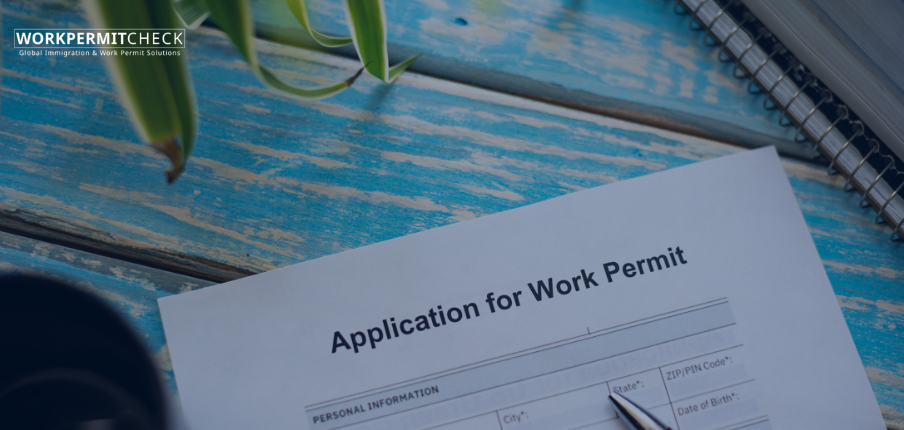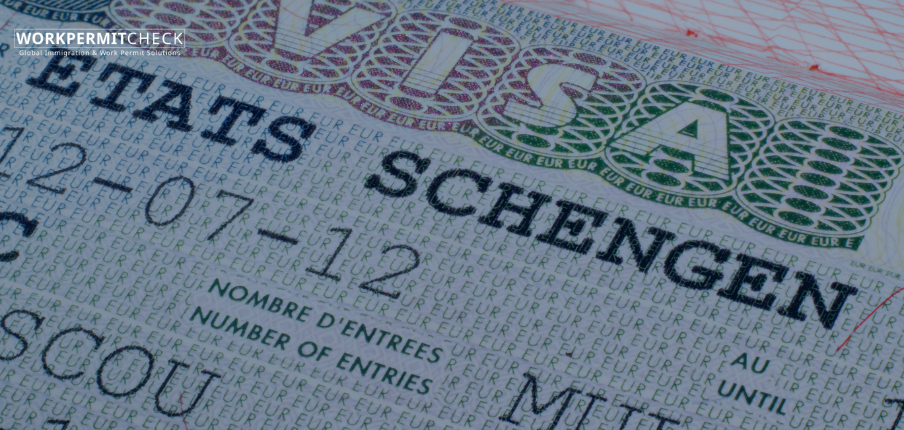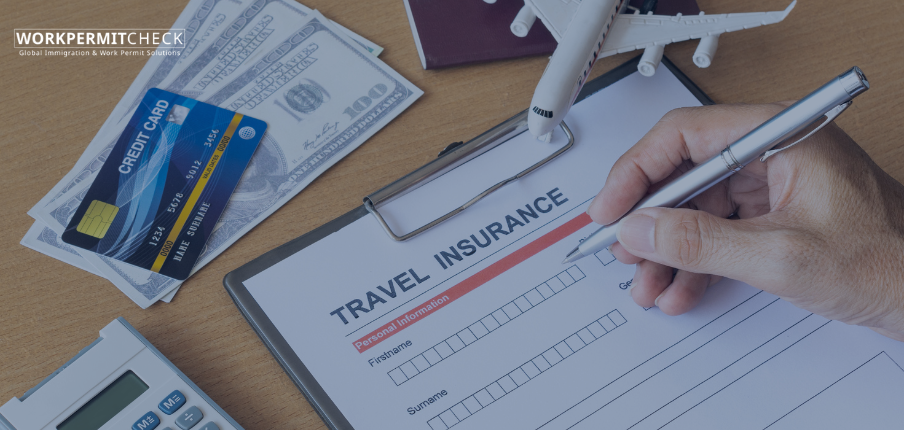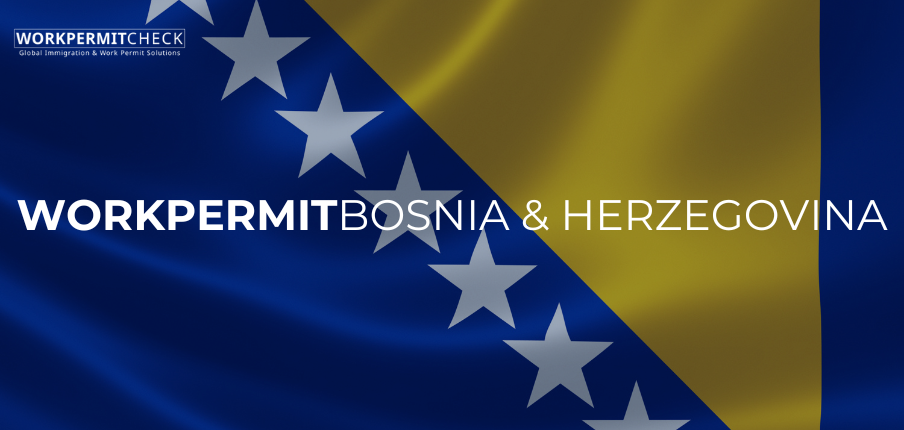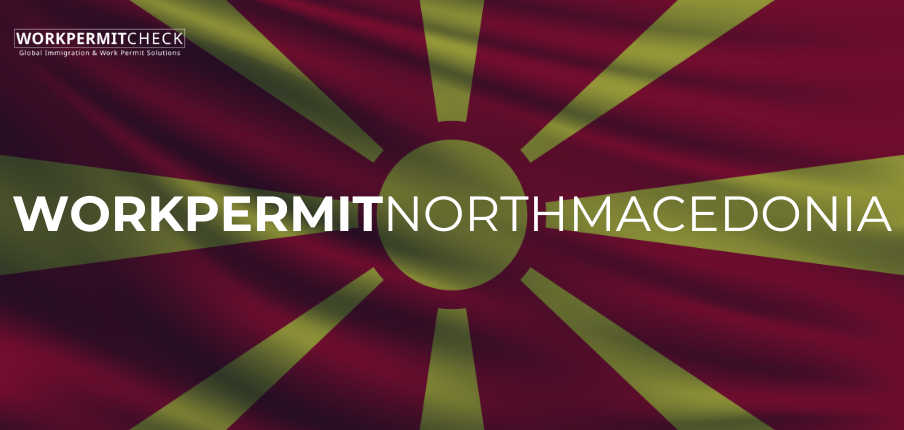Croatia, a beautiful Adriatic country with growing business and tourism sectors, has become an attractive destination for foreign professionals. Whether you're considering a job opportunity in hospitality, IT, construction, or education, you'll need legal authorization to work in the country. For most non-EU/EEA nationals, this means obtaining a work and residence permit.
This guide walks you through the process of applying for a work permit in Croatia, covering types of permits, eligibility requirements, application steps, and useful tips for a smooth process.
Who Needs a Work Permit in Croatia?
Foreign nationals who are not citizens of the EU, EEA, or Switzerland must obtain a work and residence permit to be employed in Croatia. Citizens of EU/EEA countries do not need a work permit but must register with local authorities upon arrival.
Types of Work Permits in Croatia
1. Work and Residence Permit Based on Employment
The most common type for foreign workers. It is issued for a specific employer, job position, and location.
2. Work and Residence Permit Outside the Annual Quota
Issued for professions in high demand or special cases (e.g. intra-company transfers, key personnel, EU Blue Card holders). These are not limited by the government’s annual quota of foreign workers.
3. EU Blue Card
Designed for highly skilled non-EU workers who meet certain salary and education requirements. The EU Blue Card allows for mobility within other EU member states after certain conditions are met.
4. Seasonal Work Permit
Granted for temporary work (up to six months) in sectors such as agriculture, forestry, hospitality, and tourism.
5. Self-Employment or Entrepreneur Permit
Foreign nationals planning to open a business or work as a sole trader in Croatia may apply under this category, but strict financial and legal conditions apply.
General Requirements
To apply for a Croatian work permit, you typically need:
-
A valid passport with at least three months beyond the intended stay
-
A job offer or employment contract from a Croatian employer
-
Proof of qualifications (diplomas, certificates, etc.)
-
Evidence that the employer conducted a labor market test (in some cases)
-
Clean criminal record certificate
-
Health insurance coverage
-
Proof of secured accommodation in Croatia
Application Process for a Croatian Work Permit
Step 1: Employer Initiates the Application
In most cases, the Croatian employer must submit the work permit application on your behalf to the local police administration or the Ministry of Interior. They must also confirm that they cannot fill the position with a Croatian or EU national.
Some occupations are exempt from the labor market test, especially those in high demand or falling outside the annual quota.
Step 2: Gather Required Documents
Documents may vary slightly depending on the type of work and the applicant’s nationality, but in general, you will need:
-
Passport copy
-
Employment contract or letter of intent
-
Recent passport-sized photo
-
Proof of education or qualifications
-
Background check/criminal record certificate
-
Health insurance
-
Proof of accommodation in Croatia
All foreign documents must be officially translated into Croatian and apostilled or legalized, depending on your country of origin.
Step 3: Submit the Application
The application can be submitted by:
-
The employer, at the nearest police department in Croatia, or
-
You, at a Croatian embassy or consulate in your home country
Applications submitted abroad will be forwarded to the Ministry of the Interior in Croatia for processing.
Step 4: Wait for Approval
Processing time can vary, but it generally takes 4 to 6 weeks. If approved, you will be granted a temporary residence permit for the purpose of employment.
Step 5: Register Residence and Obtain Work Permit Card
Upon arrival in Croatia (or after permit approval if already in-country), you must:
-
Register your address with the local police station within 3 days
-
Provide biometric data (fingerprints and a photo)
-
Receive your biometric residence card, which includes work authorization
Duration and Renewal
Most work permits in Croatia are issued for up to one year, but can be renewed annually. Renewal requires submitting a new application and proving continued employment and compliance with legal requirements.
After 5 years of continuous legal stay, you may be eligible to apply for permanent residency.
Key Considerations
-
Permit Tied to Employer: Your permit is usually linked to a specific job and employer. Changing employers requires submitting a new application.
-
Permit Denial or Cancellation: If you lose your job or violate permit terms, your work permit may be cancelled.
-
Language: While not always mandatory, knowledge of Croatian is a major advantage, especially in non-international sectors.
-
Health Insurance: Foreign workers must be enrolled in the Croatian health insurance system.
Conclusion
Working in Croatia as a foreign national is possible with the right permit and preparation. Whether you're joining a Croatian company, starting a business, or working in a seasonal role, understanding the specific process and requirements for your situation is essential.
To ensure success:
-
Start early
-
Consult your employer or local legal experts
-
Double-check all documents and translations
Navigating Croatia’s immigration system can be complex, but with the right information and guidance, you’ll be able to secure legal employment and enjoy life in one of Europe’s most scenic and welcoming countries.
April 16, 2025





